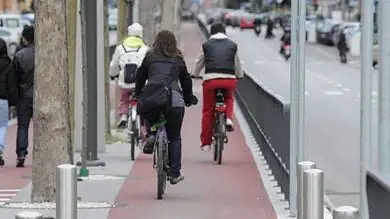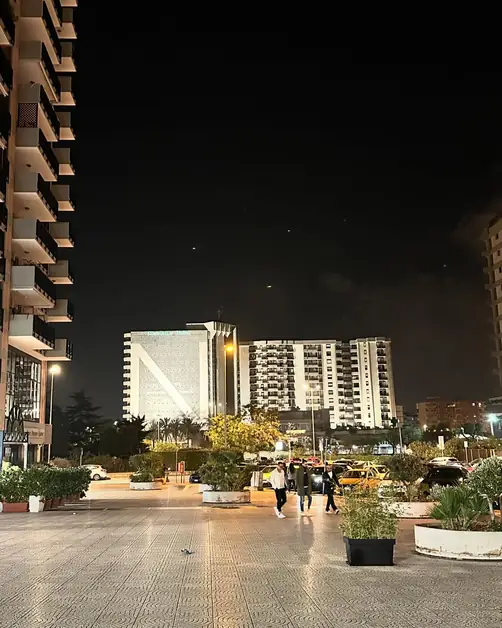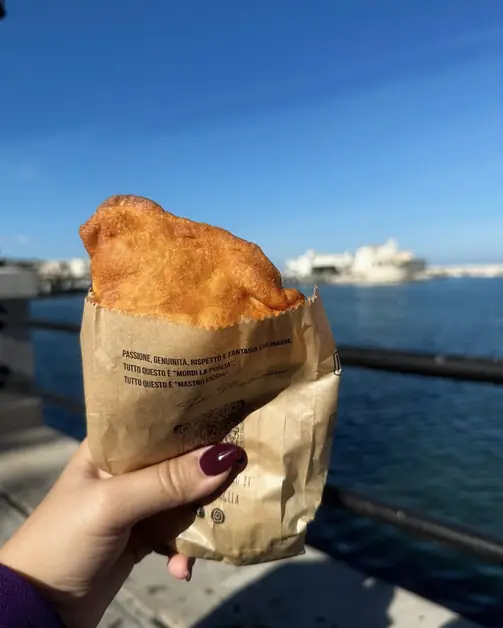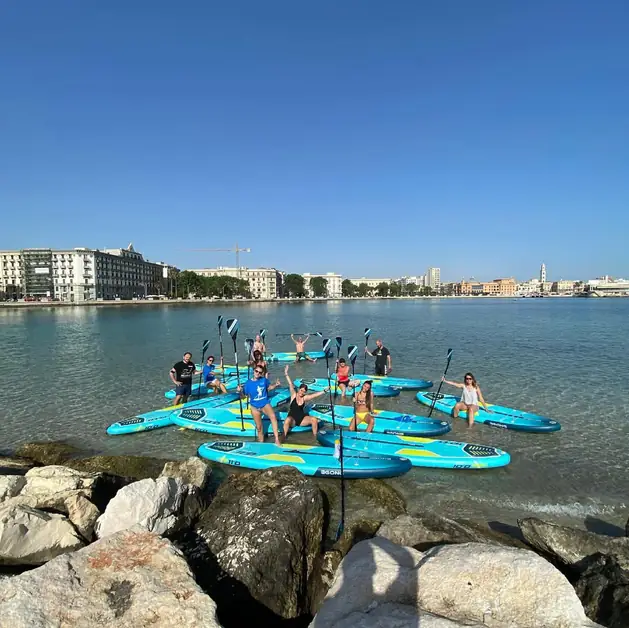Bari: Reimbursement for Cyclists
Bari introduces a monthly reimbursement for those who commute by bicycle, promoting sustainable mobility.

Bari never ceases to amaze. Besides being a city rich in history, sea, and culture, it now stands out for its sustainable mobility policies. In fact, it is the first Italian city to introduce a monthly reimbursement for those who commute to work by bicycle. This concrete, intelligent, and innovative initiative demonstrates how Bari is truly aiming for a greener future.
The initiative is simple yet effective: workers who commute by bicycle can receive up to 25 euros per month as reimbursement. The contribution is calculated based on the kilometers traveled, monitored through apps or other tracking systems, and aims to reward those who choose an ecological means of transport. A small incentive, but with a significant symbolic and practical impact.
The idea is inspired by a similar program active in France, where for years the kilometer reimbursement for urban cyclists has been tested. Bari decided to bring this model to Italy, becoming a pioneer in promoting the daily use of bicycles. A gesture that goes beyond the symbolic and translates into real benefits for those who choose to leave their cars at home every day.
The goal is clear: to reduce traffic, lower pollution levels, and improve the quality of life in the city. Encouraging the use of bicycles for home-to-work commutes also means making Bari quieter, healthier, and more livable. Every additional bicycle, every fewer car, is a step towards a better city.
In recent years, Bari has invested in bike lanes, dedicated signage, bike parking, and awareness campaigns. The city center is increasingly accessible on two wheels, and many areas are designed for soft mobility. Even tourists notice: visiting Bari by bicycle is easy and enjoyable, thanks to a mild climate for much of the year and a compact urban fabric.
The reimbursement initiative has attracted the attention of other Italian administrations, which are considering similar measures. Bari has thus carved out a role as a model city, demonstrating that even in the South, it is possible to decisively focus on modern and sustainable policies. It is a strong signal that shows how urban quality of life also depends on local choices.
Those who use bicycles to commute not only save money but also gain in health, punctuality, and good mood. Numerous studies show that those who cycle every day are less stressed, more energetic, and often more productive. Bari's bonus is therefore also an invitation to take care of oneself and one’s city with a simple, daily gesture.
Good practices also benefit tourism. Visitors to Bari see a city attentive to the environment, lively, dynamic, and modern. A city that is not afraid to change. It is not uncommon for tourists to choose to explore it on two wheels, following bike paths and coastal routes that make every ride a pleasure.
Bari rewards those who cycle, and it does so concretely, with a monthly reimbursement that makes cycling not only a sustainable choice but also advantageous. It is an example of how a city can innovate, starting from the real needs of people and respect for the environment. Whether you are a resident, a student, or a traveler, in Bari, the bicycle is not just welcome: it is the protagonist of change.



